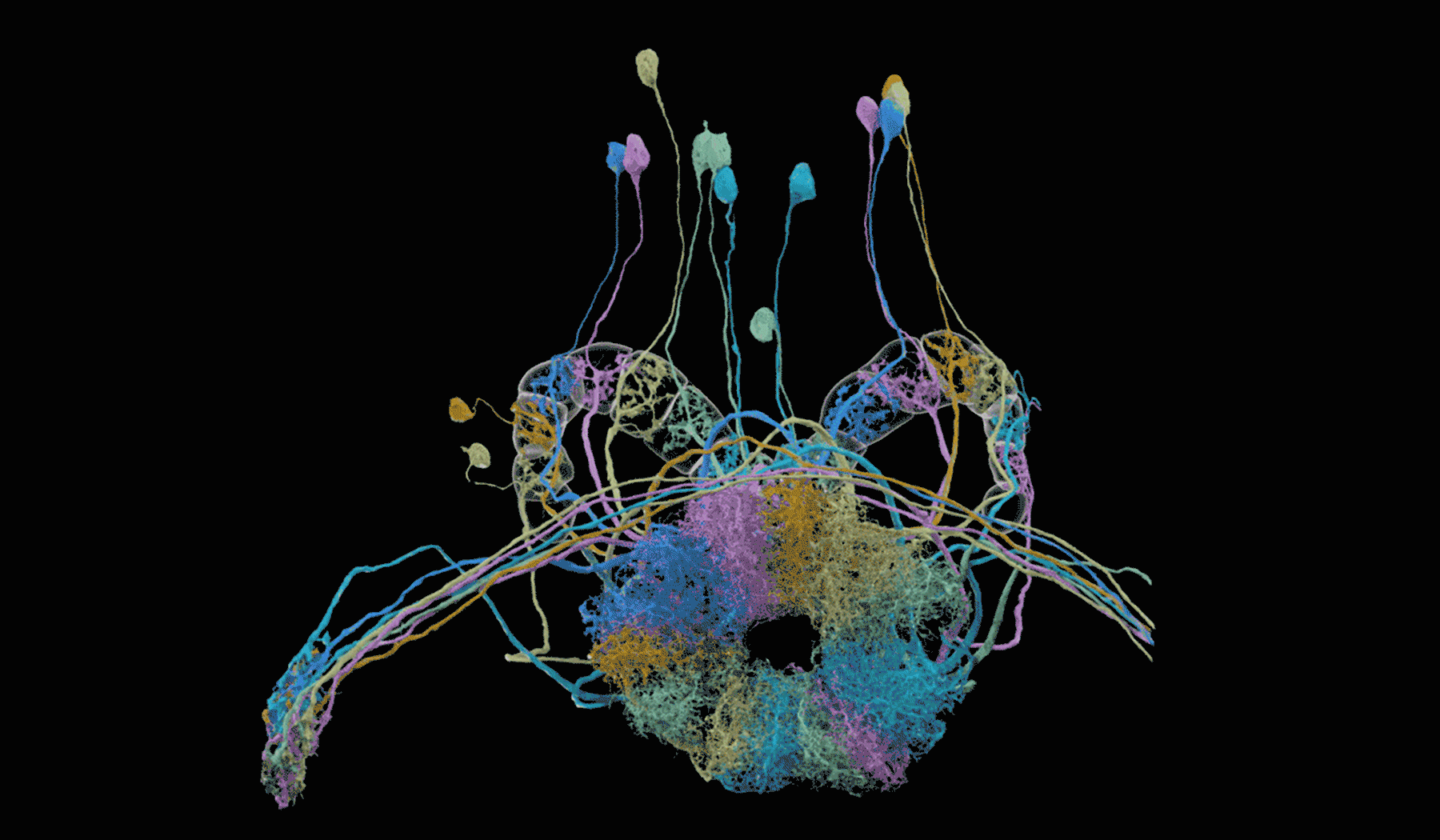Fruit Flies
-
A fruit fly's pinhead-sized brain is not the place you'd expect find inspiration for new robotics. But in a bold move, researchers have built a speedy robot with a 'brain' based on the insect's low-energy, highly efficient navigational neural network.
-
Scientists fed fruit flies a diet to make them extra plump. In their old age, the researchers put them on a diet and found remarkable results. If the findings transfer to humans, it might mean we can improve our health at any age by cutting calories.
-
If you overindulge in sugary treats, the good news is that your sweet tooth will be silenced. The bad news, though, is that this triggers a hormonal call out for fatty foods. And even worse news, too much fat will then switch sugar cravings back on.
-
The spotted-wing drosophila is a type of fruit fly that can destroy berry crops if not killed by insecticides. According to a new study, the smell of a crop-damaging fungus could provide an eco-friendly alternative to such toxic chemicals.
-
By decoding a genetic process responsible for asexual reproduction, researchers induced virgin births for the first time in a normally sexual fruit fly species. It was then discovered that the trait was passed down to all of the flies' daughters.
-
It's the size of a grain of sand, but the complex brain of this little insect has made history. The fruit fly's complete set of neurons and pathways has been captured in breathtaking detail, and is predicted to be a game changer across the science world.
-
Obesity is linked to several comorbidities, including musculoskeletal disorders. A recent study examined how time-restricted feeding in overweight fruit flies affected the factors underlying obesity’s effects on metabolism and muscle function.
-
Fruit flies differ from us in many ways, including the fact that they can't move their eyes relative to the rest of their head. That's not a problem, however, as new research shows that they move their retinas within their unmoving eyes instead.
-
Microgravity wreaks havoc on astronauts' biology, which is bad news for future space travel. A NASA experiment housing fruit flies on the International Space Station has now shown that artificial gravity can help reduce some of those health problems.
-
Researchers at Rice University have shown how they can hack the brains of fruit flies to make them remote controlled. The flies performed a specific action within a second of a command being sent to certain neurons in their brain.
-
Researchers at the University of Michigan have conducted studies in fruit flies and found that excess amounts of sugar can shut down crucial neural circuits linked to regulating satiety, possibly leading to overeating in humans.
-
The developing field of connectomics – the attempt to produce a neuron-and-synapse-level wiring diagram of the brain – has taken a major leap forward, as a Janelia team with the help of Google has released a full map of the hemibrain of a fruit fly.
Load More











